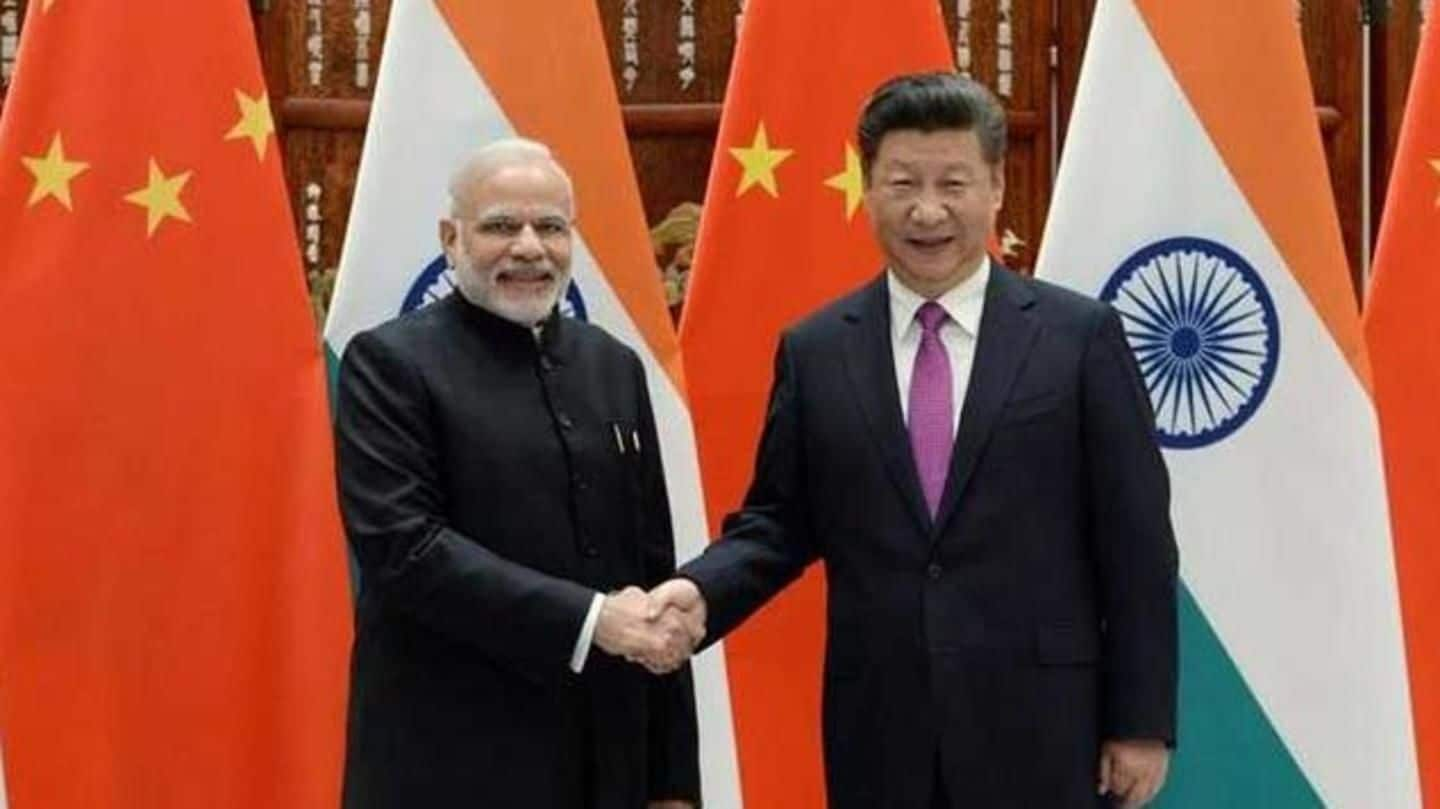
Modi in China for informal-talks with Jinping, 'trust' on agenda
What's the story
Indian PM Narendra Modi reached Wuhan yesterday for "informal" talks with Chinese President Xi Jinping, the outcome of which could impact a third of the global population. The only item on the agenda is "trust," officials insist. This is Modi's fourth visit to China after he came to power in 2014. He's set to visit the neighbor again in June for the SCO Summit.
Itinerary
Modi's itinerary for the next two days
The first Modi-Jinping meeting will take place at the Hubei Provincial Museum at 3:30pm today, followed by more one-on-one discussions in the next 24 hours, including one in a boat on East Lake. There will be at least two delegation-level meetings. Lunch and dinner will have special Gujarati fare. Modi, who is reportedly carrying a gift for Jinping, will leave after lunch tomorrow.
Information
Modi's visit preceded by high-level officials' talks
Modi's visit was preceded by meetings between top officials of the two countries. In December, Chinese Foreign Minister Wang Yi visited India, the first after Doklam. This week, Indian Defense Minister Nirmala Sitharaman held talks with her Chinese counterpart Gen Wei Fenghe in Beijing.
Background
Several issues have hit ties in the recent past
Ties between the two neighbors have suffered recently. Last June, there was the 72-day Doklam standoff, preceded by the Dalai Lama's controversial visit to Arunachal Pradesh. Earlier, India boycotted China's Belt and Road (BRI) forum in Beijing, the latter blocked India's inclusion in the NSG, and China backed Pakistan in blocking Masood Azhar's proscription at the UN. However, relations have smoothened somewhat before Modi's visit.
Expectation
Both leaders expected to discuss their concerns
Despite the absence of formal discussions, Modi is expected to talk about India's fight against cross-border terrorism, the state of the economy, and future policies in plans. Jinping, meanwhile, could take the opportunity to convince India about the BRI. There's low likelihood either side will stand down on issues of contention, but these talks could set the groundwork for enhanced cooperation.
Friction
Some topics of contention unlikely to be resolved
Some issues are likely to persist, experts say. Beijing is unlikely to start supporting India's NSG membership, and India possibly won't change its stance on BRI, which passes through Pakistan-Occupied Kashmir. China may warn India against participating in anti-Beijing schemes like the Free and Open Indo-Pacific Strategy. The focus right now will be to prevent current issues from escalating, rather than solving them.
Significance
These talks hold special significance for both countries
For Modi, who faces elections in 2019, it is imperative he avoids any encounters with China, especially one involving the armed forces. For Jinping, this comes right after he was authorized to govern for life, if he chooses, hence it's a chance for him to adopt bold new diplomacy. Simultaneously, both countries remain apprehensive about the US' new protectionism, and strengthening bilateral-ties is crucial.